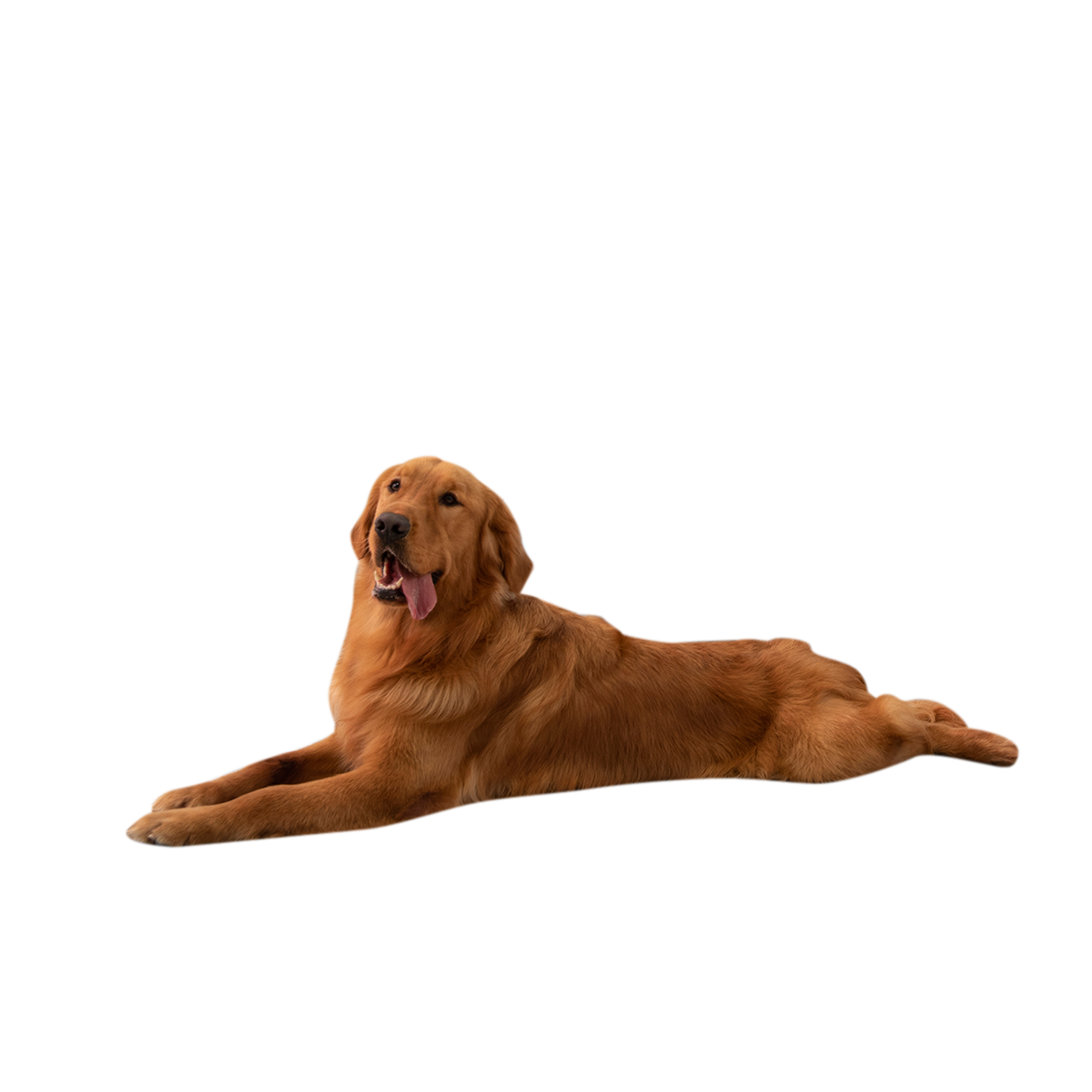To punish dogs for pooping in the house, use positive reinforcement for outside potty time and clean up accidents without scolding. Consistency, patience, and positive reinforcement are key to teaching your dog where to go potty.
By creating a routine and rewarding your dog for going outside, you can effectively discourage indoor accidents. Additionally, using enzymatic cleaners to remove the scent of accidents can help prevent repeat offenses. Remember, punishment can be confusing for dogs and may not effectively address the underlying issue.
With the right approach, you can effectively train your dog to do their business outside without punishment.

Credit: humanerescue.org
Understanding The Problem
To address the issue of dogs pooping indoors, it’s crucial to understand the underlying reasons for this behavior. Punishment may not effectively solve the problem, as it’s important to train and reinforce positive bathroom habits instead. Understanding the root cause can lead to more effective solutions for this issue.
| Understanding the Problem | |
| Recognizing the Behavior | Dogs pooping inside may indicate distress or lack of proper training. |
| Identifying Potential Causes | Stress, anxiety, medical issues, or changes in routine can contribute to this behavior. |
Positive Reinforcement Training
Positive reinforcement training is a more effective approach than punishment for addressing a dog’s indoor accidents. By rewarding desired behavior and ignoring accidents, dogs are motivated to eliminate in appropriate areas. Consistency and patience are key for successful house training using positive reinforcement methods.
| Positive Reinforcement Training |
| Using rewards for desired behavior can encourage dogs to learn and repeat good habits. |
| Consistency in rewarding good behavior helps reinforce the positive actions you want to see. |
Redirecting Behavior
Establishing a Regular Bathroom Schedule: Consistency is key when it comes to establishing a regular bathroom schedule for your dog. Take your dog outside at the same times each day, such as after meals and before bedtime, to encourage them to do their business outside.
Using Commands to Redirect: Teach your dog specific commands, such as “go potty” or “outside,” to redirect their behavior. Use these commands consistently when taking them outside, and praise them when they relieve themselves in the appropriate spot.
Creating A Suitable Environment
Properly designate bathroom areas to prevent indoor accidents. Use positive reinforcement for outdoor elimination. Remove triggers to prevent indoor accidents. Keep a consistent routine for feeding and bathroom breaks.
Consistency And Patience
Establish a routine for your dog to poop outside, rewarding good behavior. Stay calm and consistent, and avoid punishment-based techniques.
Understand that training takes time, and be patient and persistent. Avoid yelling or hitting, and focus on positive reinforcement.
Create a safe environment, and provide frequent potty breaks. Use praise and treats, to reward desired behavior.
Addressing Health And Medical Factors
Dogs pooping inside the house can be a sign of health and medical issues. Consulting a veterinarian can help identify and address any underlying conditions that may be causing the behavior. Age can also play a role in a dog’s ability to be trained and prevent accidents. Regular check-ups and vaccinations can ensure overall health and well-being, which can also help with training and housebreaking.
| Key Takeaways: |
|---|
| Consulting a veterinarian can address health issues that may be causing the behavior. |
| Age can play a role in a dog’s ability to be trained and prevent accidents. |
| Regular check-ups and vaccinations can ensure overall health and well-being, which can also help with training and housebreaking. |
Monitoring Progress And Adjusting Strategies
When punishing dogs for pooping in the house, monitoring their progress is crucial. Keep track of improvement and setbacks, adjusting training approaches as needed. Consistency and patience are key in reinforcing positive behavior. Reward your dog for pooping outside, and redirect them when they make mistakes indoors. Consistent supervision and timely correction are essential.
Avoid punishment that may cause fear or anxiety in your dog. Instead, focus on positive reinforcement to encourage desired behavior. Remember that punishment should be immediate and appropriate. Stay calm and composed when addressing accidents, and continue to work on establishing a routine for your dog. Consistent training and clear communication will help your dog understand where it’s acceptable to relieve themselves.

Credit: petwellbeing.com
Seeking Professional Assistance If Needed
Seeking professional assistance: Consult certified dog trainers for effective solutions. Consider behavioral therapy for persistent issues.
Frequently Asked Questions
How Do I Stop My Dog From Bringing Poop In The House?
To stop your dog from bringing poop into the house, train them to go outside and clean up any accidents immediately. Use positive reinforcement and treats to reinforce good behavior. Consider using baby gates or crate training to limit your dog’s access to certain areas.
Make sure your dog is getting enough exercise and mental stimulation to prevent boredom.
Is My Dog Pooping In The House Out Of Spite?
Dogs do not poop in the house out of spite. It could be due to stress, anxiety, health issues, or lack of proper training.
Why Does My Dog Poop In The House After Going Outside?
Your dog may poop inside after going outside due to incomplete elimination, separation anxiety, or medical issues.
What Repels Dogs From Pooping In The House?
You can repel dogs from pooping in the house by using citrus-based sprays, vinegar, or commercial pet repellents. Also, keep the area clean and provide plenty of outdoor potty breaks. Consistent training and positive reinforcement can help discourage indoor accidents.
Conclusion
Punishing dogs for pooping in the house can be frustrating, but it is essential for their training and behavior. It’s important to understand the reasons behind their behavior and use positive reinforcement techniques to encourage good habits. Consistency and patience are key in this process, and harsh punishments should be avoided.
Remember to provide a safe and comfortable environment for your furry friend, and with time and effort, they will learn to do their business outside.

Hello, I’m Ethan Mitchell. My passion is dog training and behavior enthusiasts. With years of experience working with various breeds, my goal at Dog Advisor Pro is to help dog owners build strong, loving relationships with their furry friends through effective training techniques. Understanding a dog’s behavior is the key to harmonious companionship. I am dedicated to sharing practical training tips that improve the lives of dogs and their owners.


